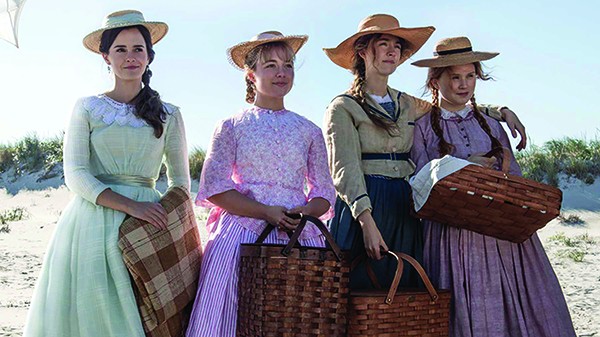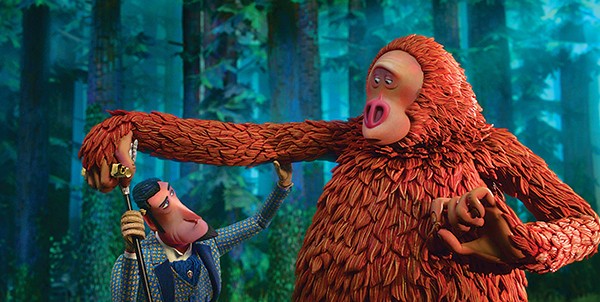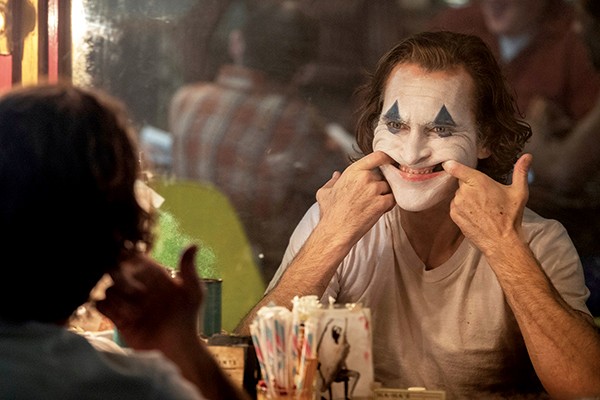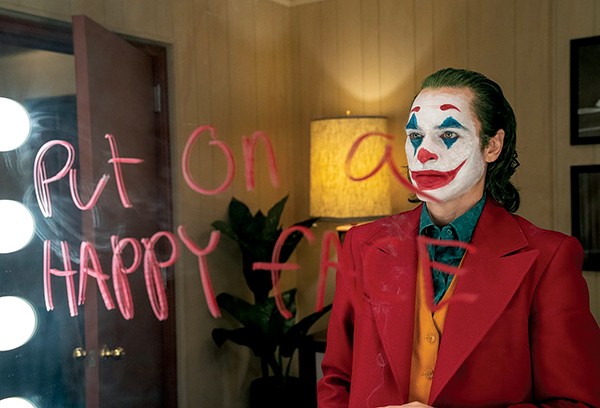I have a confession to make: I’m not very good at the Academy Awards.
Oscar night is a big deal in the Hocking-McCoy household. We clear off the coffee table and put out a big spread of sushi. We parse each acceptance speech down to the syllable level. We print out ballots and compete to see who gets the most categories right. The prize for the winner is bragging rights for the year.
I can’t remember the last time I held bragging rights. Have I ever bested Commercial Appeal writer John Beifuss in his annual “Beat Beifuss” competition? I got close once.
You’d think that someone who reads about, watches, and occasionally makes movies for a living would be better at predicting Oscar winners. But, it turns out, my tastes rarely match the outcome of the Oscar voters’ poll. I’ve tried voting strategically, making my choices based on the conventional wisdom in the trades and among critics with bigger circulation than me. I’ve also tried voting my conscience, picking the ones I thought should win and letting the chips fall where they may. Neither method seems to work.
This is, of course, very similar to the choice voters face in the Democratic primaries. Do you vote your conscience or do you vote for the candidate you think has the best chance to beat Trump? Let my experience be a lesson to you. You simply don’t have enough information to vote strategically, so use the system the way it was designed to be used and just vote for the candidate you think will do the best job.
My Oscar ineptitude is one of the reasons I usually don’t do a preview pick-’em column. But the voices of my writing teachers are in my head saying, “People love it when you make yourself vulnerable.” So here goes: my picks for the 2020 Academy Awards.
Best Performance by an Actor in a Leading Role: Joaquin Phoenix’s Joker is the only truly great part of that film, but Adam Driver’s clueless art-dad Charlie in Marriage Story is the year’s best naturalistic performance. I’m going with Driver.
Supporting Actor: Tom Hanks plays Mr. Rogers better than anyone else could have in A Beautiful Day in the Neighborhood, but Brad Pitt elevates Once Upon a Time … in Hollywood to greatness. Plus, his T-shirt clearly says “CHAMPION.” Pitt is it.

Little Women could clean up in multiple categories.
Performance by an Actress in a Leading Role: This is the hardest category for me. Cynthia Erivo’s Harriet Tubman is close to perfect. Scarlett Johansson is Adam Driver’s equal in Marriage Story. I’m going with Saoirse Ronan as Jo in Little Women.
Best Supporting Actress is a little easier. It’s down to Laura Dern as a divorce lawyer in Marriage Story and Florence Pugh as Amy in Little Women. I think Pugh nudges Dern.

Missing Link
Best Animated Feature: I desperately want Missing Link to win. The stop-motion wizards at Laika have been killing it for a decade, and this is their year for recognition!
For Cinematography, it’s Roger Deakins in a walk. 1917 is a next-level achievement. This is the only Oscar that film deserves.
For Costume Design, Jacqueline Durran for Little Women barely beats Arianne Phillips for Once Upon a Time … in Hollywood. Excellent work by both women.
Best Documentary Feature is Honeyland, an environmental fable masquerading as a character study. Highly recommended.
Any other year, Achievement in Film Editing would be Thelma Schoonmaker’s for the taking, but The Irishman is more than three hours long. Jinmo Yang’s work on Parasite should carry the day.
Honeyland makes a strong case for Best International Feature, but I’ve got to go with Parasite.
I’m going to take a pass on makeup because I haven’t seen two of the nominees. Best Original Song is “(I’m Gonna) Love Me Again” by Elton John and Bernie Taupin from the underrated Rocketman. Original Score should and probably will go to John Williams for Star Wars: The Rise of Skywalker, so he can retire a legend. Go ahead and give Skywalker Best Visual Effects, too. Once Upon a Time … in Hollywood‘s 1969 mixtape should take home the two sound awards, as well as Production Design.
Greta Gerwig’s tear-up-the-floorboards reimagining of Little Women deserves the Adapted Screenplay statue. I’m giving the Original Screenplay to Knives Out … probably because I’m giving everything else to Parasite.
Best Director goes to Bong Joon Ho. I was willing to give it to Quentin Tarantino, but then I found out that the Parasite house was a set with CGI background, and I was shook. Masterful execution is what this category is all about.
Best Picture has to be Parasite. This was a very good year for movies. Little Women, Marriage Story, and Once Upon a Time … in Hollywood are all worthy films. But Parasite captures the spirit of 2019, and it deserves the biggest prize of all.

